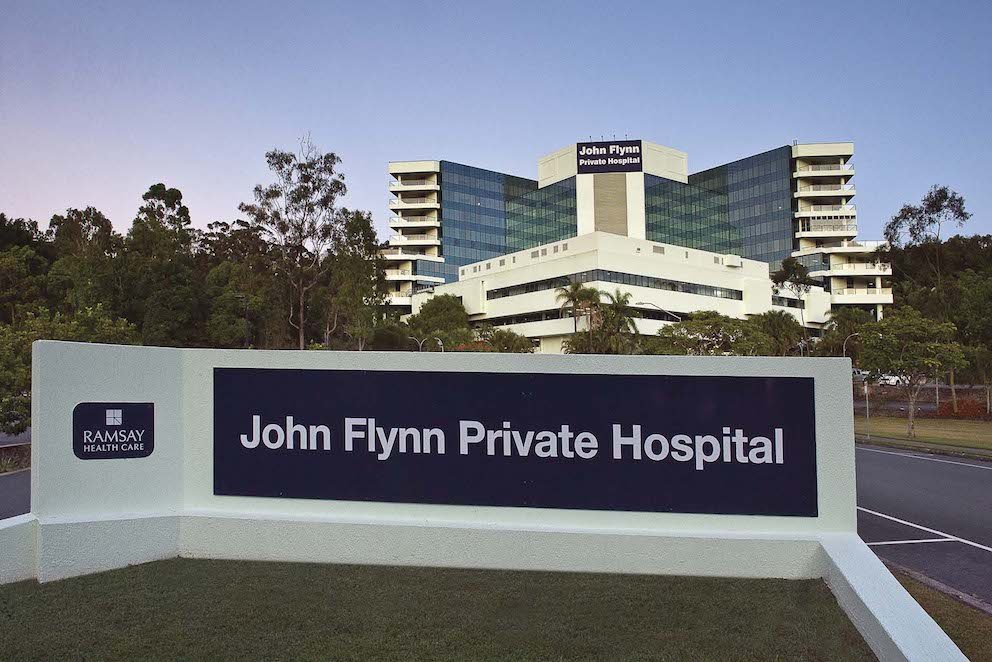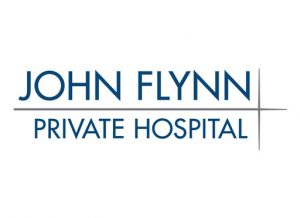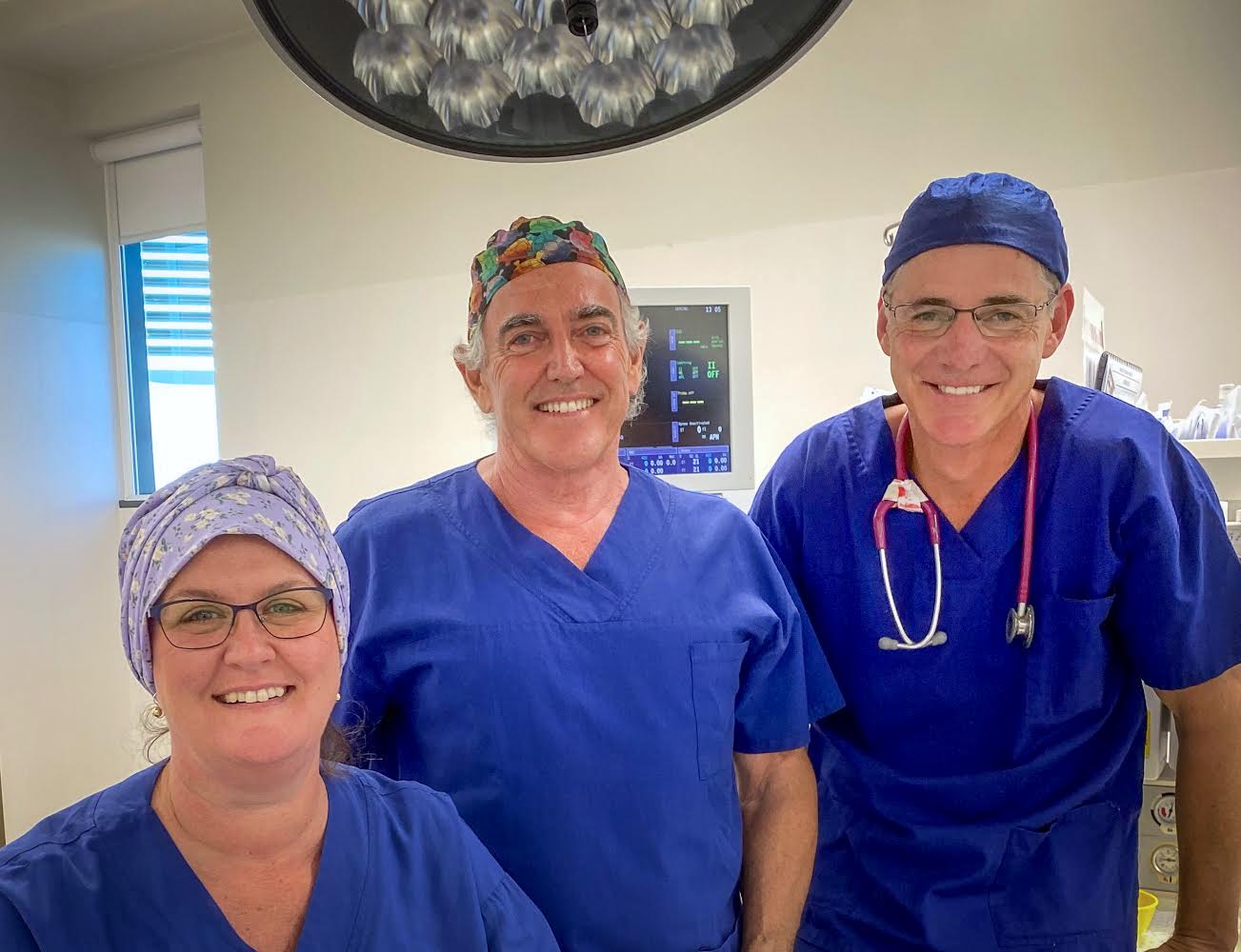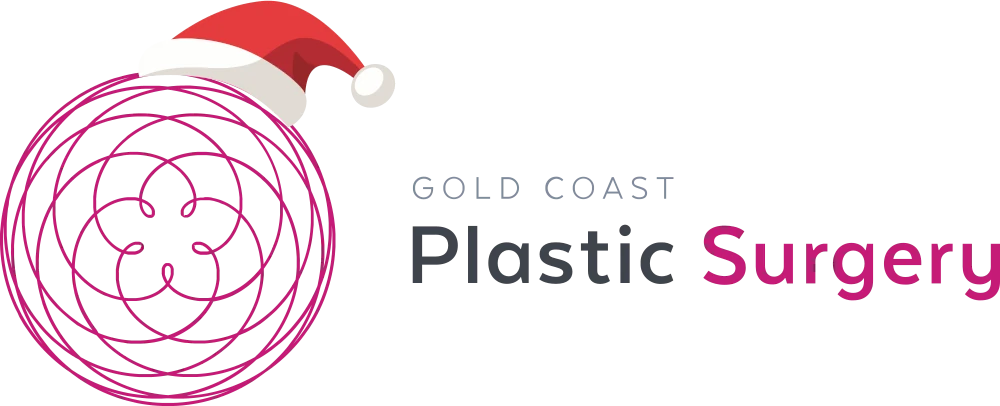John Flynn Private Hospital: What to Expect

John Flynn Private Hospital is a 354-bed, acute care hospital located at Tugun, which is on the southern end of the Gold Coast, within 5 minutes from the Gold Coast Airport. The hospital provides services to the community of the Gold Coast and the Tweed Coast expanding into the NSW Northern Rivers area.
Ramsay Health Plus John Flynn is a regarded collective of allied health professionals delivering physiotherapy, speech therapy, occupational therapy, dietetics, and a range of other services.
The campus consists of the main hospital building, specialist medical suites, the John Flynn Cancer Centre, and also includes additional services such as radiotherapy (radiation oncology), radiology (x-ray), pathology, and a 24-hour pharmacy.
Nestled in a hilltop position with sweeping ocean and rural views with well-designed wards, John Flynn Private Hospital offers a peaceful environment conducive to good health and recovery.
Services Offered at John Flynn Private Hospital

Allied Health
In maintaining an emphasis on multidisciplinary patient care, in-patient allied health services are delivered by a qualified team of allied health professionals.
This team incorporates physiotherapists, psychologists, dietitians, and speech pathologists providing a range of services to patients.
Ramsay Pharmacy │ 24/7
Ramsay Pharmacy is John Flynn Private Hospital’s onsite 24-hour pharmacy placed on the Ground Floor of the Main Hospital Building. Ramsay Pharmacy gives a span of pharmaceutical services, along with giftware, newspapers, and magazines, along with an in-store ATM for your convenience. Open 24 hours, 7 Days a week.
Chaplaincy
The hospital delivers an Ecumenical Chaplaincy Service available to all patients and their families. Chaplains and pastoral carers can be called through the hospital ward staff. Bedside communion is available. Local clergy attend the hospital at your request.
Hudsons Café
Hudsons Café is located on the Ground Floor of Fred McKay House and delivers a range of food and drink choices that include coffee, sandwiches, wraps, gourmet toasties, muffins, savoury pastries, and decadent sweets, with gluten-free options also available. Newspapers, magazines, flowers, and ice creams are also available for purchase.
The Red Cross Volunteer trolley service also sells sweets in the wards.
Accommodation
There are single and shared rooms. Every effort is prepared to accommodate your room of choice. If the preference is not accessible at the time of admission, the proposal will be met if possible. All single rooms have a private ensuite.
Newspapers and Magazines
A complimentary copy of the Gold Coast Bulletin is provided to each patient in the morning, with more copies and magazines available for purchase at Hudsons Café and Ramsay Pharmacy.
Telephones
There is a phone beside every bed and there are public phones on each floor. Local calls are complimentary. STD, International calls are credited to the account.
Television
There is a television next to every bed. The latest films are shown twice daily.
Hairdressers and Interpreters
Available on request
Mail, Fax
Patients can mail and receive mail and faxes.
Mobile Phones
Mobiles may be used in all public areas including the coffee shop. John Flynn Private Hospital does not approve any obligation for loss or damage to mobile phones.
Smoking
Smoking is not allowed inside the hospital, beyond the hospital boundary. The new laws are enforced by Queensland Health environmental health officers and public facility authorised officers where penalties apply.
Are you coming to the hospital for surgery or a procedure?

When you obtain treatment and services at John Flynn Private Hospital Ramsay, you should expect a high level of professional expertise and comfortable and effective care.
To feel reassured and comprehend what you will experience during your stay in the hospital, ask questions about any aspect of care, and participate in planning and making decisions about your treatment.
Pre-Admission Information
The team of professional staff is dedicated to giving patients the increased standards of care. Throughout the patient’s stay, from pre-admission to discharge, each patient will be treated with honour and importance.
Clerical Pre-admission
Pre-admission is an important part of your hospital care. To ensure we can confirm your admission, financial and other arrangements, we ask that you:
Fill in the online admission form, or complete the admission paperwork that you received from your physician, as soon as reasonable and send it back to the hospital. This must be obtained a minimum of 3 business days before your admission.
Please have the following ready when you fill in your admission form:
- Personal/Next of Kin details
- Medicare Card
- Funding details (e.g. DVA, Private health insurance, Workcover, or self-funding)
- Benefit details (e.g. pharmacy benefit card, pension card, safety net)
- Item numbers (if these were quoted by doctors’ rooms)
- If you have any concerns with step 1 please contact our customer service team:
- Monday to Friday 7:00 am to 6:00 pm (Qld time)
- Toll-Free: 1300 130 080
If you have private health insurance, please contact your health fund to confirm any excess or waiting periods.
Nursing Pre-admission Information
Before coming to the hospital you are also instructed to complete the “Patient History Form”. If you would like aid with the fulfilment of this form or have concerns or special needs regarding your admission, please contact the Pre-admission Clinic Nurse.
Our team will inform you of your admission time and what time to stop eating and drinking in preparation for your procedure/surgery
Day of Admission Information
On the day of admission:
- Bath or shower at home. Avoid applying creams, powder, or deodorant after bathing
- Wear neat (freshly laundered), flexible, comfortable clothing
- Avoid wearing make-up or jewellery
- Avoid smoking, drinking alcohol or using recreational drugs for at least 24 hrs before admission.
- You may wear dentures to the operating theatre
- Children may go to procedures in their pyjamas. These pyjamas must be cotton or cotton interlock with button-through/loose-fitting tops.
- It is recommended that you do not bring any valuables to the hospital.
Post Surgery
You will not be able to travel home by yourself, so please make arrangements for a responsible adult to ride you home. The staff will be happy to arrange a taxi for you if required. Other means of public transport e.g. buses are not suitable following surgery.
Visitors and Family Accommodation
There are a variety of accommodation facilities available within a 5 minute drive from Coolangatta Airport and John Flynn, situated close to local beaches and shopping centres. A few of these facilities are listed below:
John Flynn Private Hospital Risk Management
Ramsay Health Care intends to improve safety for patients by minimising key dangers and optimising the characteristics of the services they provide. In each of the hospitals, they focus on recognised risks to their patients which, for example, may include: falls, medication safety, and pressure injuries.
Every effort is earned to minimise risk, unfortunately, circumstances do occur and Ramsay Health Care supports open acknowledgment. This is the method of open communication with patients and families when an incident results in unwilling harm. It involves the conversion of the incident, investigation, and any activities taken to enhance the care delivered and guarantee the incident is not repeated.
What you can do to reduce your risk
Ramsay Health Care knows that hospitals can be unfamiliar, and this can be a challenge when you are also sick or recovering from surgery. They want to keep you safe and the following information is planned to help you while you are a Ramsay Health Care patient.
Hygiene
There are several ways you can assist in preventing infection:
- Always wash your hands after using the toilet, bedpan, or a commode
- Wash or clean your hands before consuming food.
- Don’t be afraid to enquire about the doctor or staff caring for you, if they have washed their hands.
- Avoid touching your wound or devices.
- Allow the care staff to notice if your wound or areas around any of the lines or tubes become red or swollen or painful
- Prevent visitors who may be feeling unwell
- Stop smoking before any surgery, as smoking increases the risk of infection
- Hygiene and Infection pointers
- One of the most helpful ways to prevent infection from circulating among patients is for all health professionals to rinse their hands.
- Hand hygiene compliance is reported as the percentage of correct moments from all observed moments.
Patient Identification/Information Sharing
Sharing information about your care while you are in the hospital is a significant aspect of ensuring your safety and continuity of care between the doctor, nurse, and other healthcare workers. Every day, at the start of a shift, a handover is begun by staff. One aspect of the handover is at the bedside, which is a chance for you, your family, or your carer to be involved – by inquiring questions, interpreting concerns, and contributing to your care including your discharge from the hospital.
Safety Initiatives
Speak Up For Patient Safety
Speak Up For Patient Safety is a Vanderbilt-based Promoting Professional Accountability Program created in partnership with the Cognitive Institute. SUFPS is an evidence-based framework that escalates awareness of patient safety and encourages staff to challenge potentially risky behaviour in Ramsay Health Care sites.
The program is about authorising all employees to facilitate patient safety and gives a platform to ensure staff maintains high professional standards across the organization.
The Ramsay Rule
The Ramsay Rule was established to help maintain the client’s safety while in care. The ambition is based on Ryan’s Rule (developed by Queensland Health) and elements of the REACH program (developed by the Clinical Excellence Commission).
The Ramsay Rule is a three-step method for the patient, their family, or carers, to escalate any questions and call for immediate assistance when they think something is ‘not good’ with the clinical condition of the patient.
How to Activate the Ramsay Rule?
The Ramsay Rule is formulated to deliver the patient with an immediate clinical review by an experienced clinician. The steps are as follows:
1.Talk to the Nurse, Doctor, or Midwife regarding your concerns; And if not satisfied that your concerns have been addressed,
2.Ask to talk to the Nurse in Charge of the shift, And if still concerned then you or a family member or carer can,
3.Activate the “Ramsay Rule” by ringing the hospital’s assigned phone number and ask for “Ramsay Rule” to be generated.
Surgery Risk Management
Ramsay Health Care doctors give surgery in many specialty areas which range from minor procedures to more complex surgery requiring specialised care. They monitor their patient outcomes by distinguishing any accidental returns to theatre to other Australian hospitals nationally. The goal is to lessen returns to the theatre where possible; however, many components impact these returns and sometimes these returns may be essential.
Accidental returns to the operating theatre are frequently due to complications, for example, to treat bleeding or other problems that may occur early after the operation. Some complications following complex surgery are to be anticipated due to patients’ pre-existing diseases or conditions, and the nature of the disease or condition being treated. The hospitals monitor all returns to theatre and implement any quality measures which may be required so that patients have the best possible effects following surgery.
What should you do to reduce your risk?
Patients are given an identification band when they are admitted to the John Flynn Private Hospital. Staff may indicate it as an ‘ID band’ or a ‘wristband’. It will include your name and date of birth, and be placed on your wrist or leg.
You should:
- Always wear your ID band
- Make sure the information on the ID band is correct
- Staff will review your ID band before every examination or procedure and before giving you any medication. They will also inquire about your name and other details, to make sure that the right patient is receiving the right treatment every time.
- All their hospital staff should be wearing an identification badge. If you can’t notice their badge, or you’re not sure who the person is, please ask.
Surgery indicators
The indicators for unplanned returns to theatre and unplanned admissions to ICU are pointers of quality of service delivery. Ramsay Health Care participates in the Australian Council on Healthcare Standards (ACHS) Clinical Indicator Program and uses its definitions for these indicators.
The unplanned return to theatre pointer is documented as a percentage of patients having a procedure during the period. It is calculated by dividing the incidents that meet the indicator criteria by the number of patients having a method during the period.
The unplanned admission to ICU indicator is reported as a percentage of patients receiving anesthesia care during the period. It is calculated by dividing the events that meet the indicator criteria by the number of patients obtaining anesthesia care during the period.
Blood Safety Risk Management
A blood transfusion is a procedure where you receive blood through an intravenous cannula (IV) inserted into a vein.
What does Ramsay Health Care do to decrease your risk?
Before you obtain a transfusion, strict reviews of your name and date of birth are accomplished by two staff. If you need to have more than one bag of blood, the staff will do these reviews every time. Staff will also monitor your pulse, blood pressure, and temperature regularly. Risks of transfusion include:
- Fluid overload, causing breathing difficulties, especially with older patients and those with heart disease
Other less common risks of transfusion include:
- Receiving blood that is not ‘matched’ to you
- Transmission of infection e.g. bacteria or viruses.
Blood safety indicators
The serious blood transfusion events indicator is reported as a percentage of all transfusion episodes during the period. Ramsay Health Care participates in the Australian Council on Healthcare Standards (ACHS) Clinical Indicator Program and uses its definitions for this indicator. It is calculated by dividing the number of patients who have a serious blood transfusion event that meets the indicator criteria by the number of transfusion episodes during the period.
Related Information
- John Flynn Private
- John Flynn Private -About Our Hospital
- John Flynn Private – For Patients Info
- John Flynn Private – Ramsay Rule
- John Flynn Private – Pre Admission
About Dr Mark Doyle FRACS (Plas) – Queensland Plastic Surgeon
Servicing patients in Gold Coast, Brisbane, Sunshine Coast, Cairns and New South Wales NSW – Northern Rivers, Byron Bay, Ballina, Lismore and more.
Dr Mark Doyle is a fully qualified Specialist Plastic Surgeon with over 30 years of experience performing breast, body, face and nose surgery. He has completed all required training and only carries out approved surgical practices. There are NO undertrained doctors or cosmetic doctors acting as surgeons at Gold Coast Plastic Surgery.


